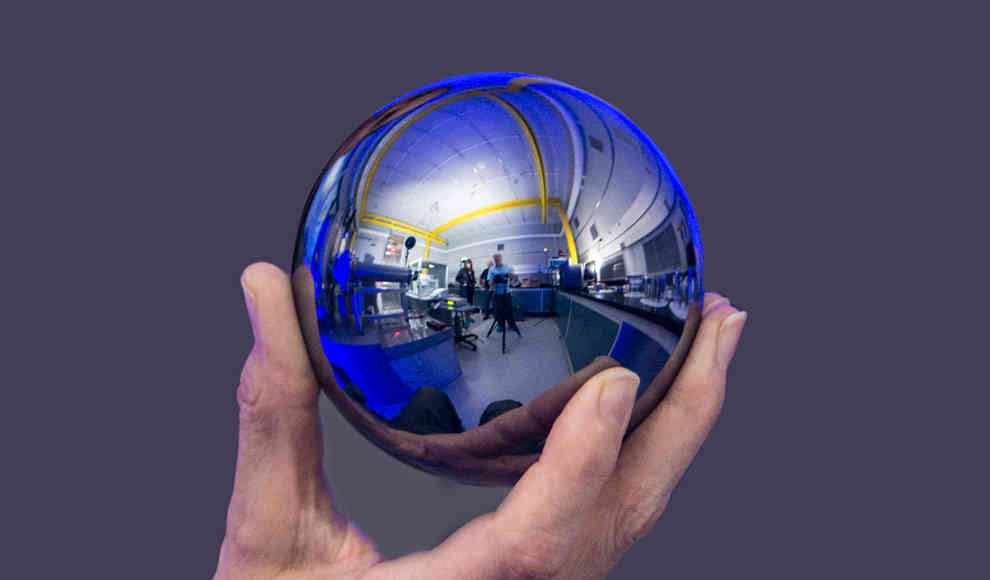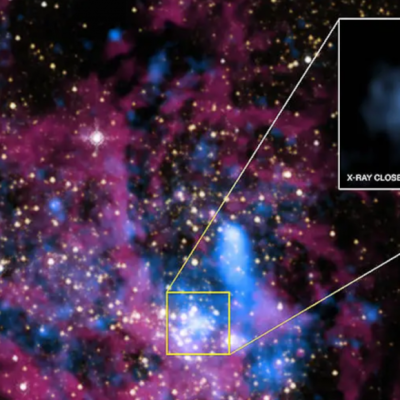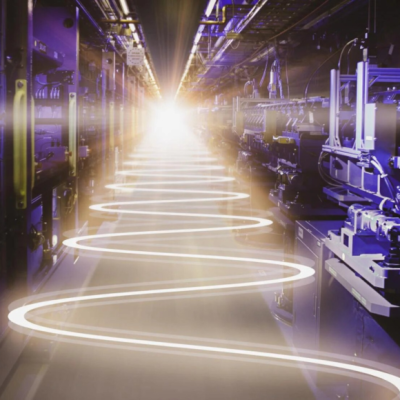Physicists from around the world have made a groundbreaking discovery at the Japanese particle accelerator, J-Parc. They have created a new and surprisingly stable form of matter using an exotic particle called an Anti-Kaon. The discovery is significant because it sheds light on the composition of the universe, which is still largely unknown to scientists. Physicists believe that only 17% of the universe’s mass is made up of baryonic matter, with the rest being dark matter and dark energy. By discovering new particles, scientists hope to gain a better understanding of the universe and its origins.
The Anti-Kaon is a particle that behaves differently from most other particles when placed in an atomic nucleus. Physicists have suspected this for decades, but until now, no experiment had been able to prove it. The physicists at J-Parc were able to replace a neutron in a Helium-3 isotope with an Anti-Kaon, creating a new and surprisingly stable form of matter. The Anti-Kaon, like the neutron, holds two protons together, generating a bound state. This new atom nucleus has an enormous binding energy and is much more stable than predicted by physicists.
The discovery is significant because it shows that an Anti-Kaon can exist as an independent building block in the nucleus. The physicists hope that this new knowledge will help them answer some of the universe’s open cosmological questions. While scientists have made significant progress in understanding the universe, there is still much to learn. The discovery at J-Parc is a significant step forward in our understanding of the universe and its composition.







-400x400.jpg)


